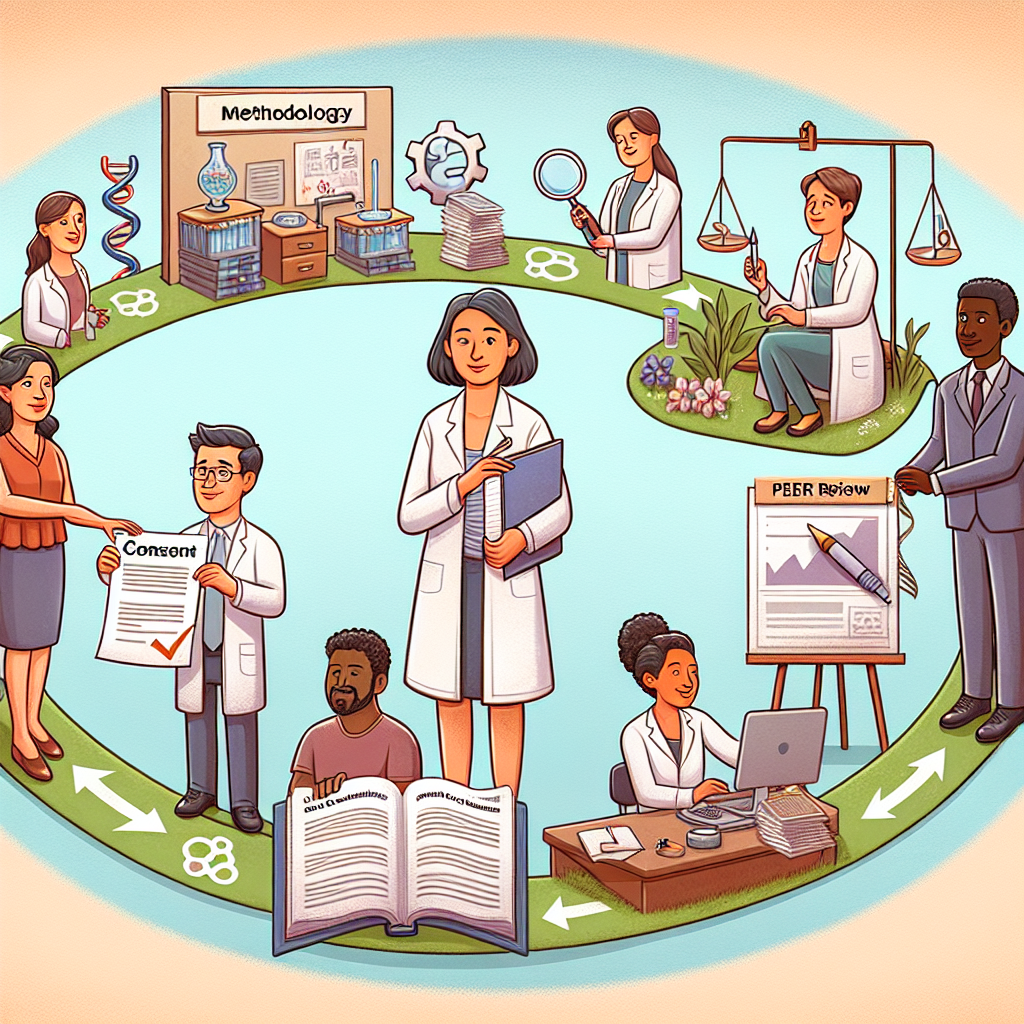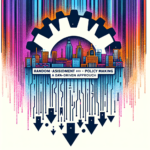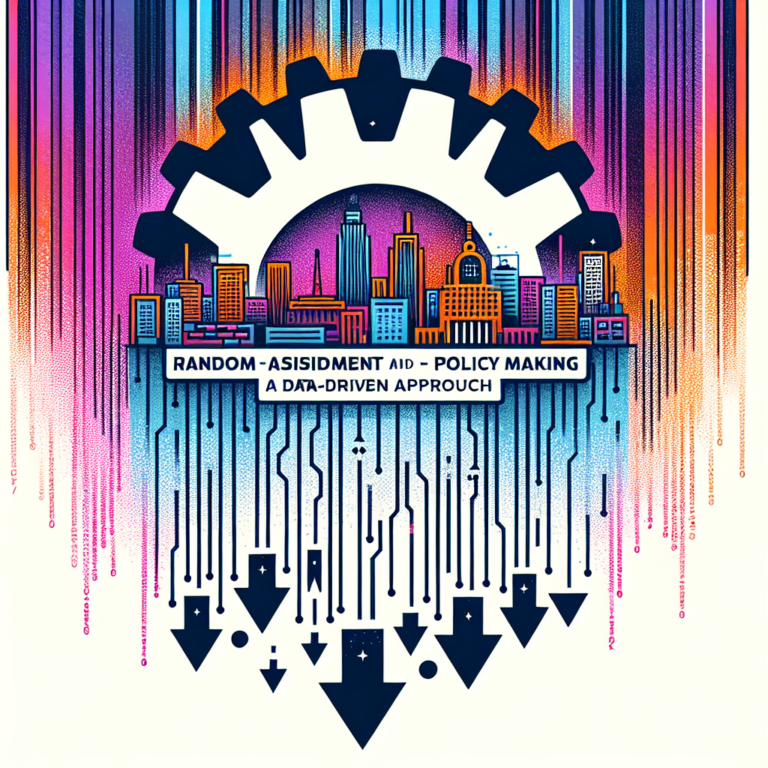
Introduction
In the world of research, the journey from an idea to a published paper is not merely a technical process; it is a profound ethical obligation. This journey encapsulates the aesthetic and ethical responsibilities researchers hold toward their subjects, their institutions, and society at large. The importance of maintaining ethical standards throughout the research process cannot be overstated. Not only does it protect participants, but it also enhances the credibility and applicability of research findings. In this comprehensive guide, we delve into the phases of the ethical lifecycle of research, navigating the intricate terrain "From Consent to Publication: The Ethical Lifecycle of Research."
Table of Contents
- Understanding Consent
- The Role of Institutional Review Boards (IRBs)
- Data Collection: Ethical Considerations
- Analysis and Interpretation: Navigating Ethical Responsibilities
- Publication: Transparency and Integrity
- Case Studies: Real-World Applications
- Conclusion
- FAQs
Understanding Consent
The journey begins with informed consent, an ethical cornerstone of research. This phase sets the tone for the entire research lifecycle. Researchers must provide participants with clear, concise information about the study’s purpose, procedures, potential risks, and benefits. The importance of "From Consent to Publication: The Ethical Lifecycle of Research" is encapsulated here: without informed consent, the integrity of the research is compromised.
Key Elements of Informed Consent:
- Voluntariness: Participation must be voluntary without coercion.
- Comprehension: Participants must fully understand the information provided.
- Disclosure: Adequate information must be shared, tailored to the audience’s comprehension level.
Case Study: A Landmark Study on Human Subjects
In the early 1970s, the Tuskegee Syphilis Study infamously highlighted the consequences of bypassing ethical consent. Researchers misled African American men, leading to devastating outcomes. This case has shaped modern ethical standards, emphasizing the imperative nature of informed consent.
The Role of Institutional Review Boards (IRBs)
Once consent is secured, the research proposal must be reviewed by an Institutional Review Board (IRB). The IRB’s role is to safeguard the rights and welfare of participants, ensuring that ethical principles are adhered to rigorously.
IRB Functions:
- Reviewing Research Proposals: Assessing risks vs. benefits.
- Monitoring Ongoing Research: Ensuring ongoing compliance with ethical norms.
- Evaluating Participant Recruitment Strategies: Safeguarding against exploitation.
Importance in the Lifecycle
Understanding the IRB’s function is pivotal in "From Consent to Publication: The Ethical Lifecycle of Research." Their oversight is crucial in maintaining ethical integrity and public trust in research.
Data Collection: Ethical Considerations
Data collection is often viewed as the most practical phase in the research lifecycle. However, it is riddled with ethical responsibilities. Every decision made impacts participant rights and data quality.
Ethical Guidelines for Data Collection:
- Confidentiality: Researchers must protect participant identities.
- Non-maleficence: Avoid causing harm or distress.
Case Study: The Stanford Prison Experiment
Philip Zimbardo’s Stanford Prison Experiment raised questions about participant welfare during data collection. The study revealed how situational pressures could lead to ethical breaches, underscoring the need for stringent oversight even in seemingly benign research settings.
Analysis and Interpretation: Navigating Ethical Responsibilities
Post-data collection, interpretation requires a thoughtful approach. Researchers must analyze data responsibly, taking care not to misrepresent findings or overlook potential biases.
Ethical Considerations in Analysis:
- Transparency: Clearly presenting methodologies and analysis.
- Objectivity: Avoiding bias in interpreting results.
Importance Recognized
This stage plays a crucial role in ensuring that the analysis aligns with ethical standards, reinforcing "From Consent to Publication: The Ethical Lifecycle of Research."
Publication: Transparency and Integrity
The final phase connects the dots between ethical conduct and public knowledge dissemination. Publishing research often feels like the culmination of effort, yet it presents unique ethical challenges.
Ethical Guidelines in Publication:
- Avoiding Plagiarism: Upholding academic integrity by properly citing sources.
- Disclosing Conflicts of Interest: Transparency about any potential biases.
Case Study: The Dangers of Research Misconduct
A renowned example is the retraction of Diederik Stapel’s research, which was based on fabricated data. The fallout emphasized the need for strong publication ethics, as misinformation can tarnish whole fields of study.
Case Studies: Real-World Applications
Examining case studies provides invaluable insights; they illustrate both the triumphs and pitfalls within "From Consent to Publication: The Ethical Lifecycle of Research."
Table: Notable Case Studies
| Case Study | Ethical Missteps | Lessons Learned |
|---|---|---|
| Tuskegee Syphilis Study | Lack of informed consent | Importance of ethical oversight |
| Stanford Prison Experiment | Ignorance of participant welfare | Necessity of ongoing ethical review |
| Diederik Stapel’s Fraud | Data fabrication, lack of transparency | Critical role of publication ethics |
Conclusion
The ethical lifecycle of research is a continuous journey, demanding vigilance from inception through to publication. As we explore "From Consent to Publication: The Ethical Lifecycle of Research," it becomes clear that ethical adherence is not just a guideline but a foundation upon which credible science stands. Researchers are called to embrace their responsibilities, continually reflecting on the ethical implications of their work.
Let this guide inspire researchers and practitioners alike to prioritize ethics at every stage of their research journey. The responsibility we uphold today shapes the trust we cultivate with society tomorrow.
FAQs
1. What is the significance of informed consent in research?
Informed consent is crucial as it ensures that participants understand what they are involved in and agree to it voluntarily, thus protecting their autonomy and rights.
2. How does an Institutional Review Board (IRB) function?
An IRB reviews research proposals to ensure ethical standards and participant welfare are prioritized, also monitoring ongoing research for compliance.
3. What ethical challenges arise during data collection?
Challenges include ensuring confidentiality, avoiding harm to participants, and accurately representing data without bias.
4. Why is publication ethics important?
Publication ethics fosters transparency and integrity, essential for maintaining trust in the research community and ensuring accurate dissemination of knowledge.
5. What can researchers do to uphold ethical standards?
Researchers should remain educated on ethical guidelines, seek regular IRB oversight, maintain transparency, and prioritize participant welfare throughout the research lifecycle.
In summary, navigating "From Consent to Publication: The Ethical Lifecycle of Research" demands both a commitment to ethical practices and a proactive approach to addressing challenges. By fostering an ethical research culture, we can ensure that the knowledge generated contributes positively to society and upholds the rights of all individuals involved.















